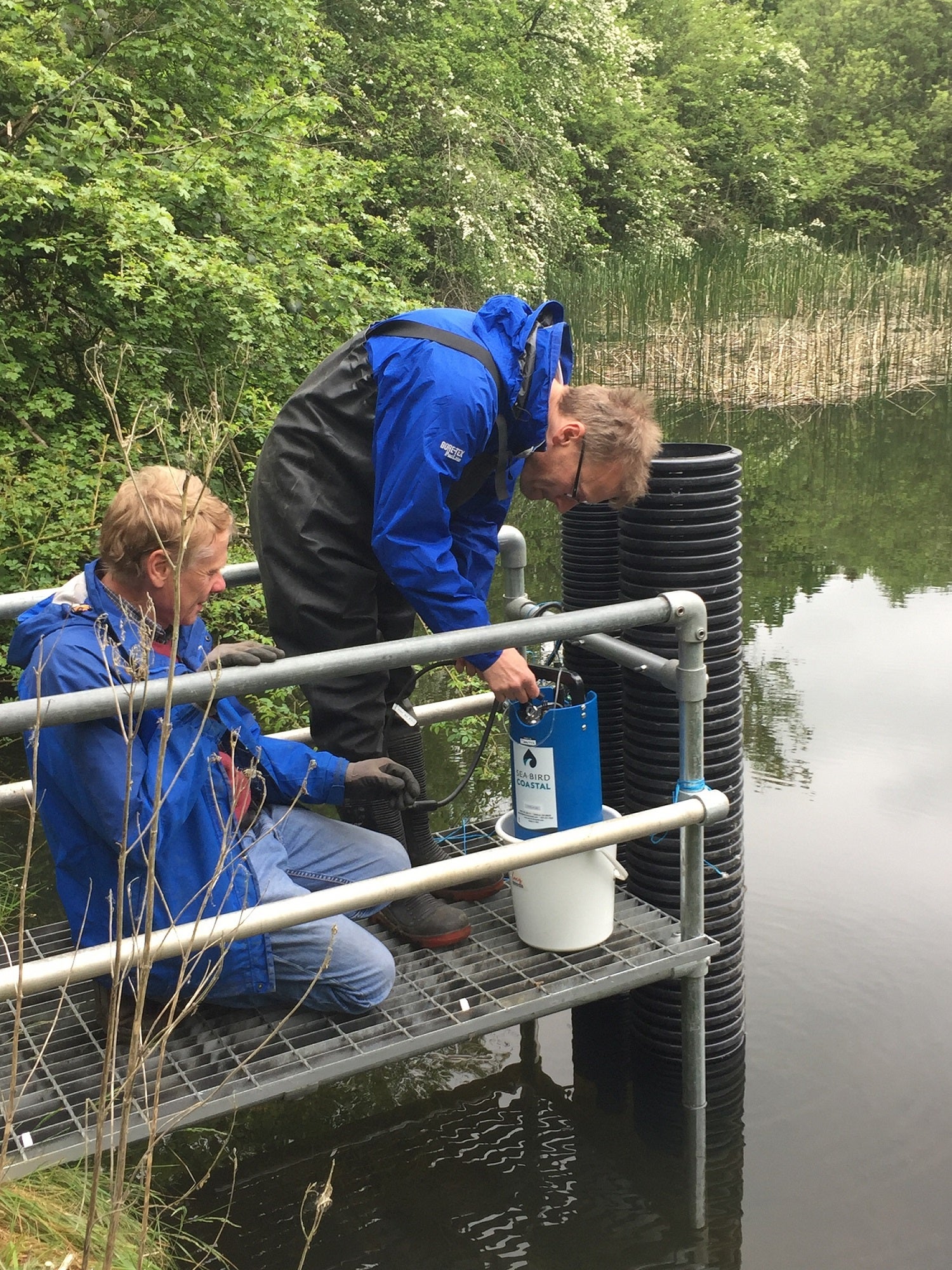Tuesday, February 2, 2021

A group of researchers, led by Water Institute member and professor in Waterloo’s Department of Geography and Environmental Management Helen Jarvie, examined nutrient cycling in a lowland wetland‐pond system in southern England over a 20‐year period. The team discovered that even a relatively pristine wetland can become a source of highly bioavailable phosphorus, nitrogen, and silicon during low‐flow periods of high ecological sensitivity.